Frozen pipes can cause major headaches for homeowners. This is something that many Texans experienced firsthand in the wake of a large winter storm in early 2021 which caused the temperature to plunge below 7 degrees Fahrenheit. Housing infrastructure in Texas was not built to withstand such low temperatures, and the storm caused a lot of damage. Plumbers had to be called in from every corner of the United States because Texan plumbers couldn’t keep up with the thousands of homes with burst pipes. The broken pipes caused a lot of other problems, too.
A busted water pipe means more than just leaking pipes: it can cause major damage to your home as water leaks into your walls and your house. Water damage can ruin furniture and drywall, as well as fixtures and appliances. Put simply, frozen water pipes can be a rather expensive problem, and so is worth putting in fail-safes for. In this article, we’ll show you how to protect pipes from freezing and bursting. But first, let’s take a look at the main causes of busted water pipes.
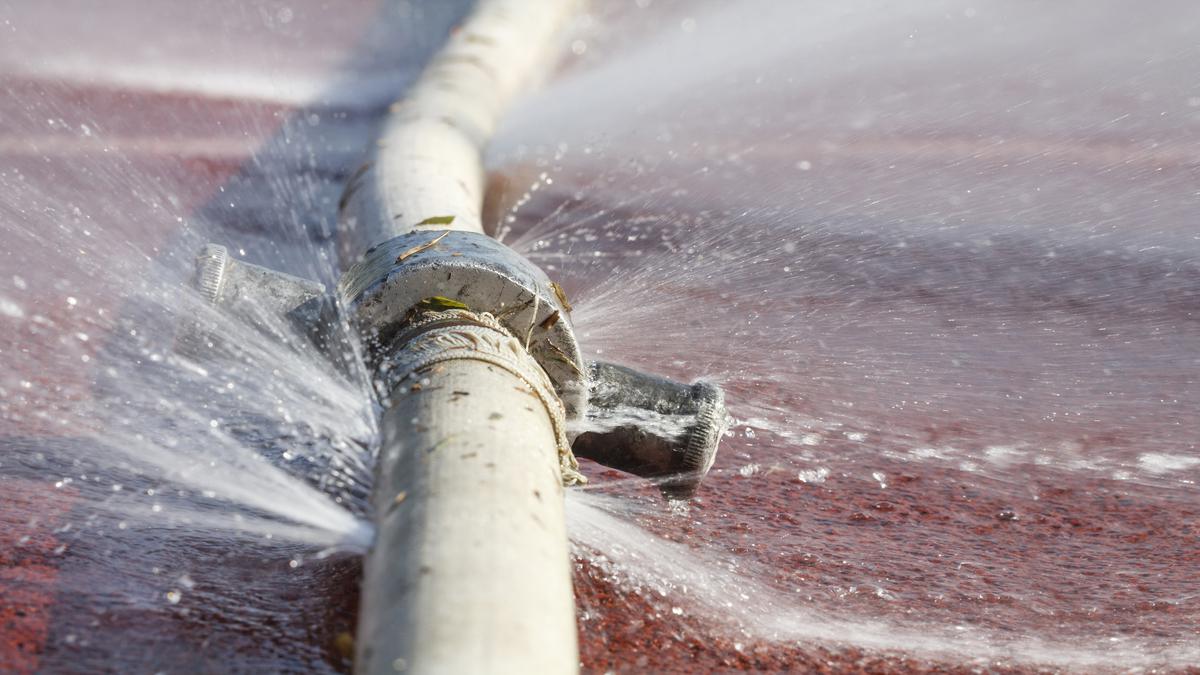
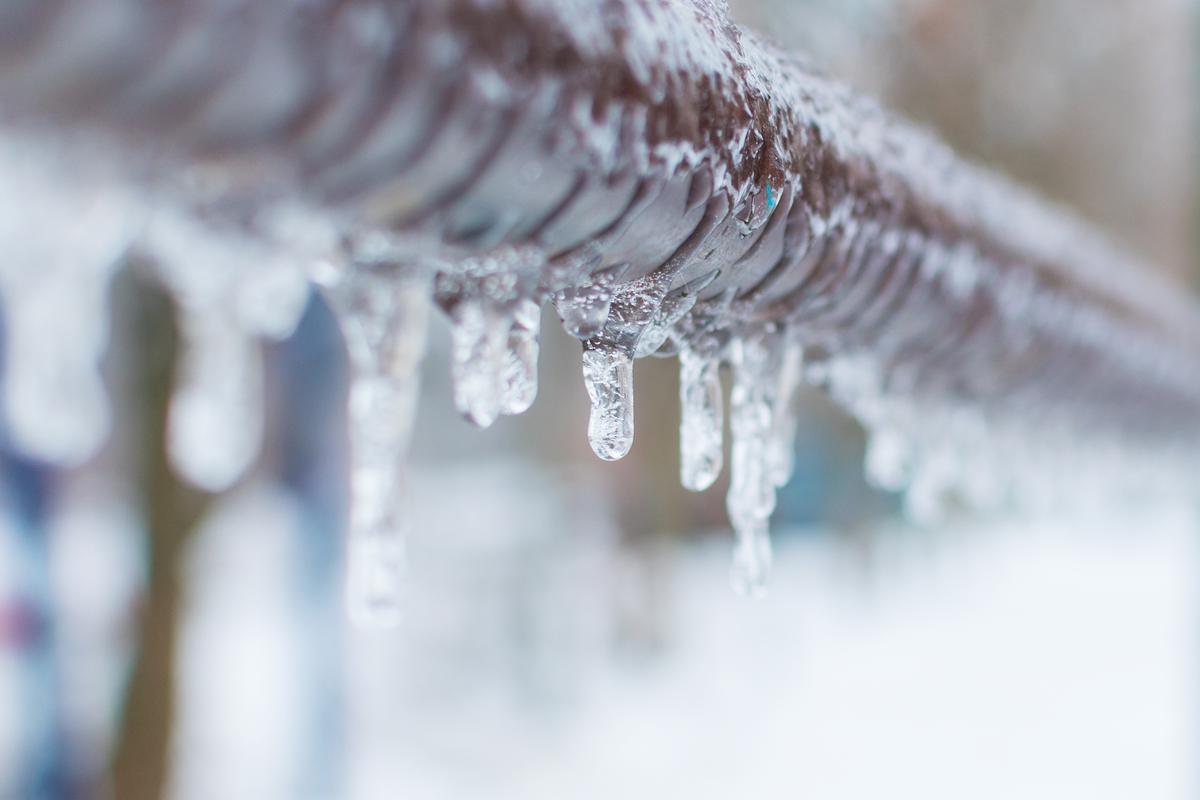
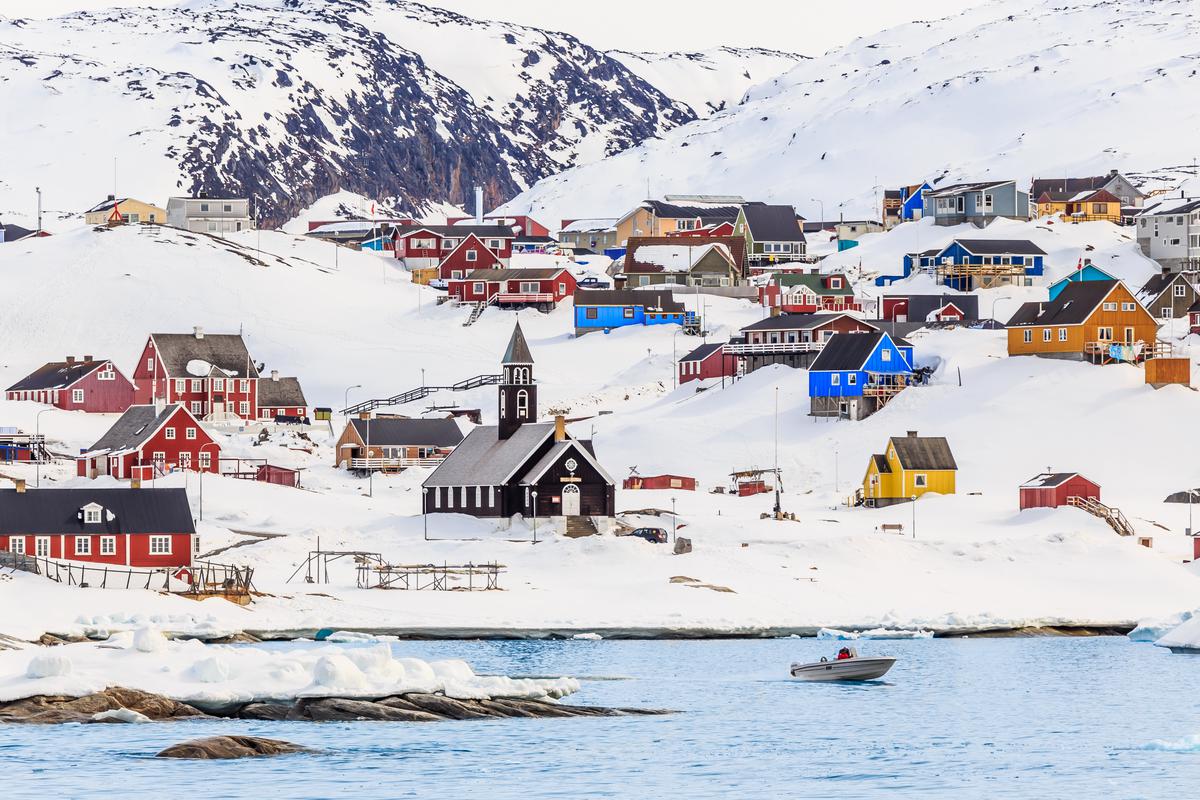
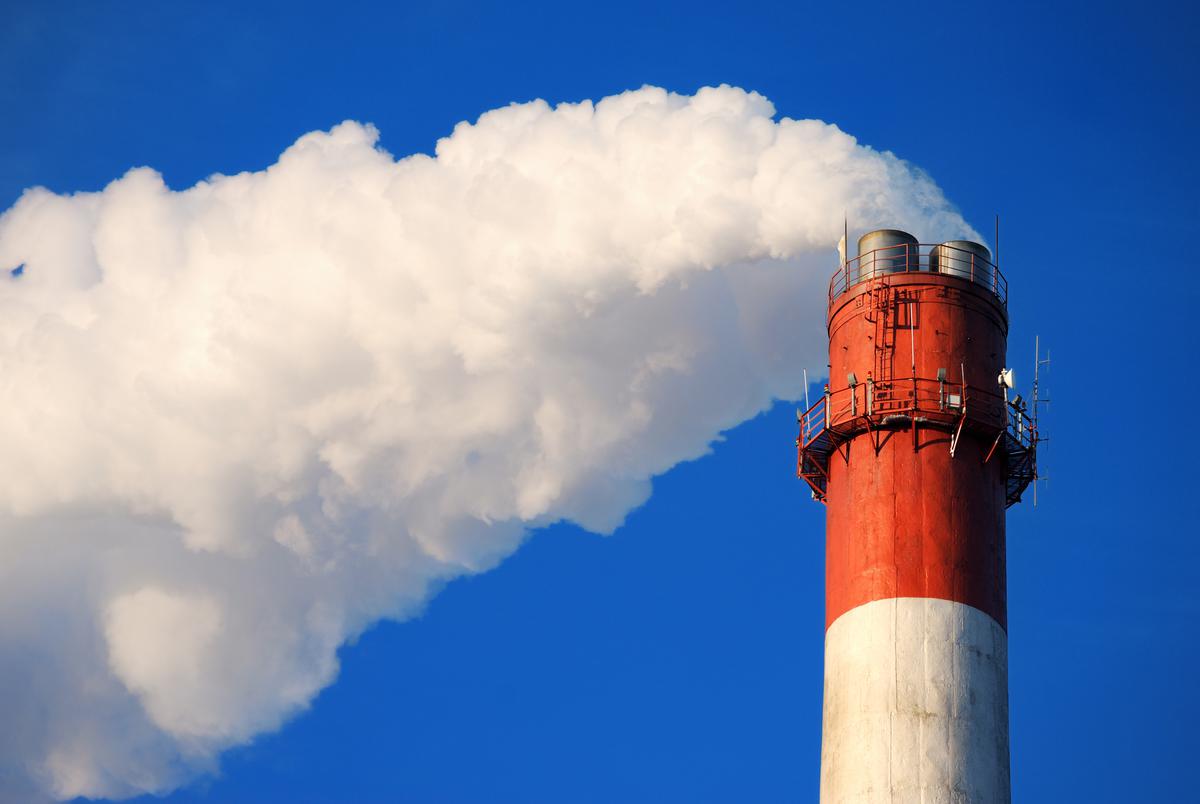
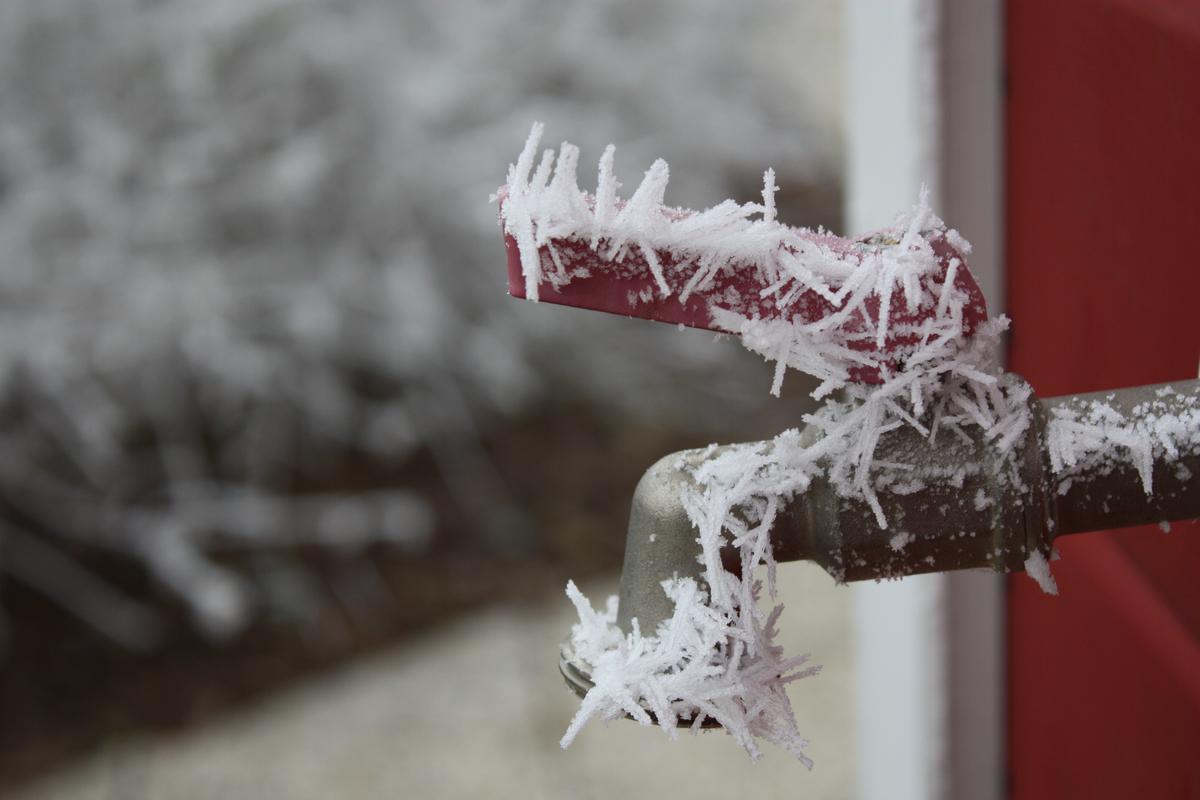
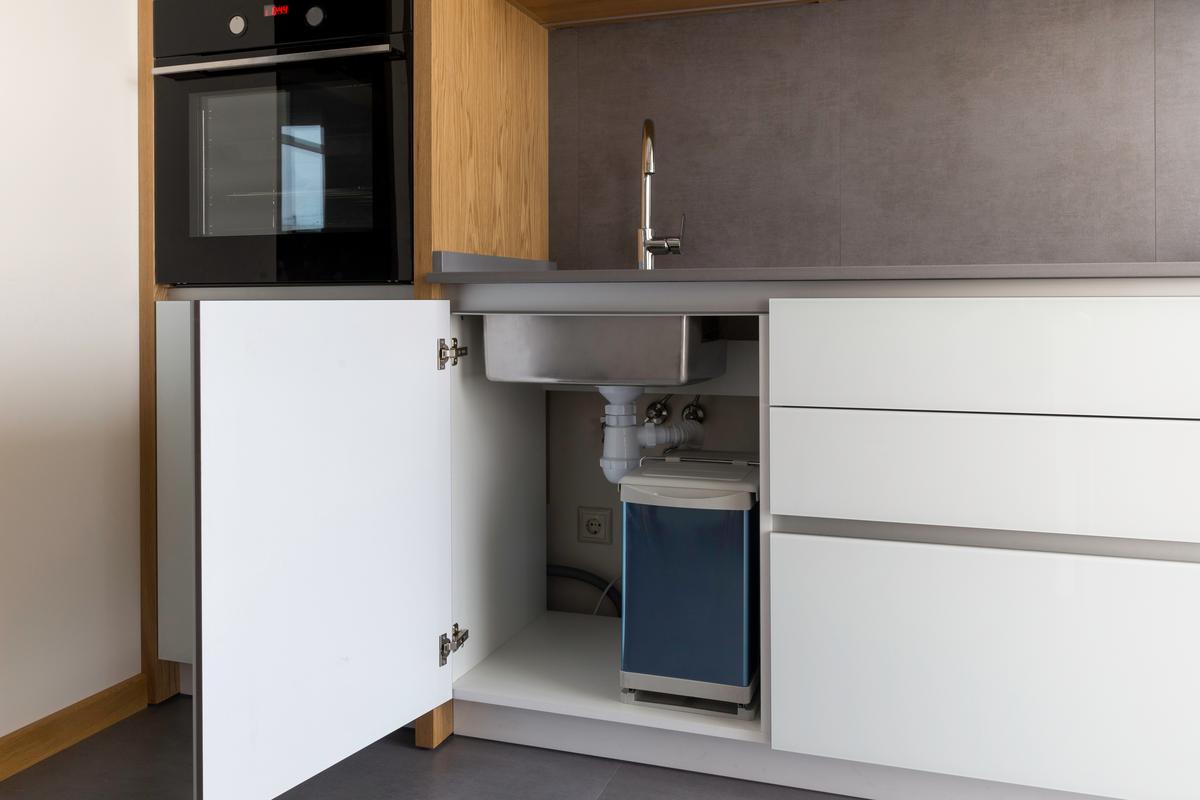
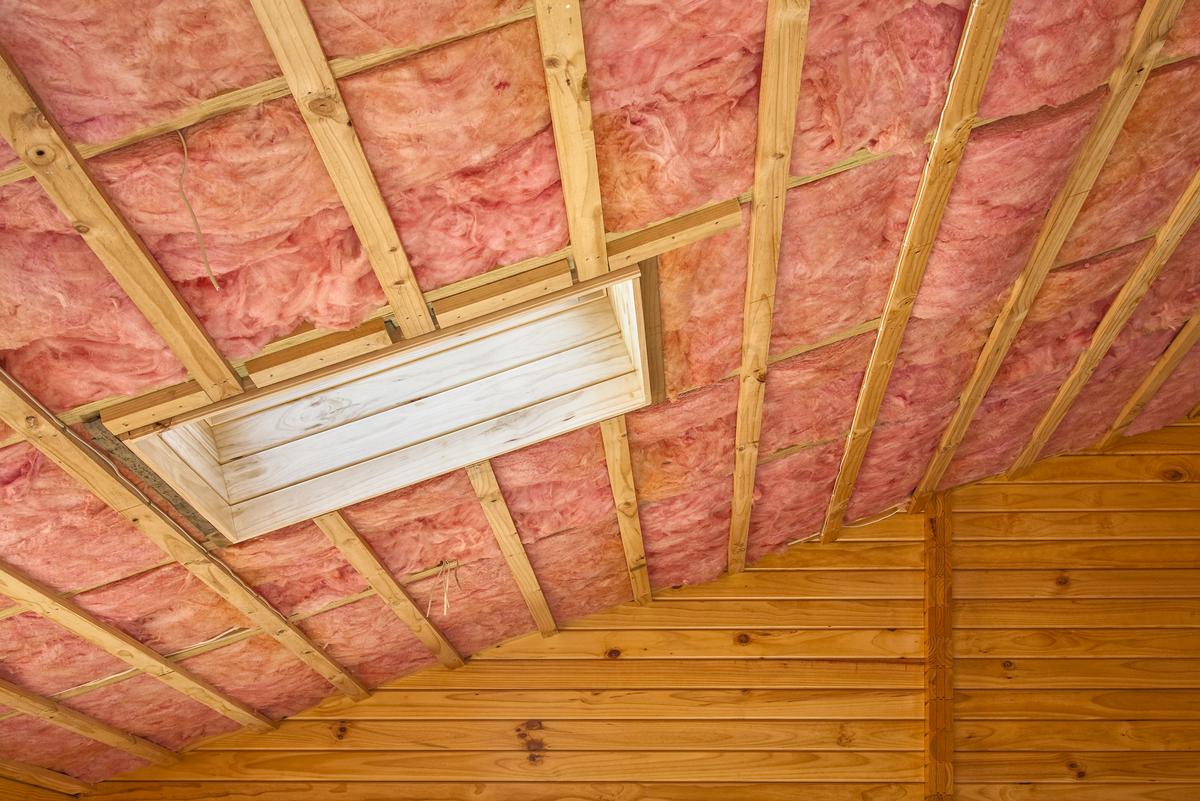
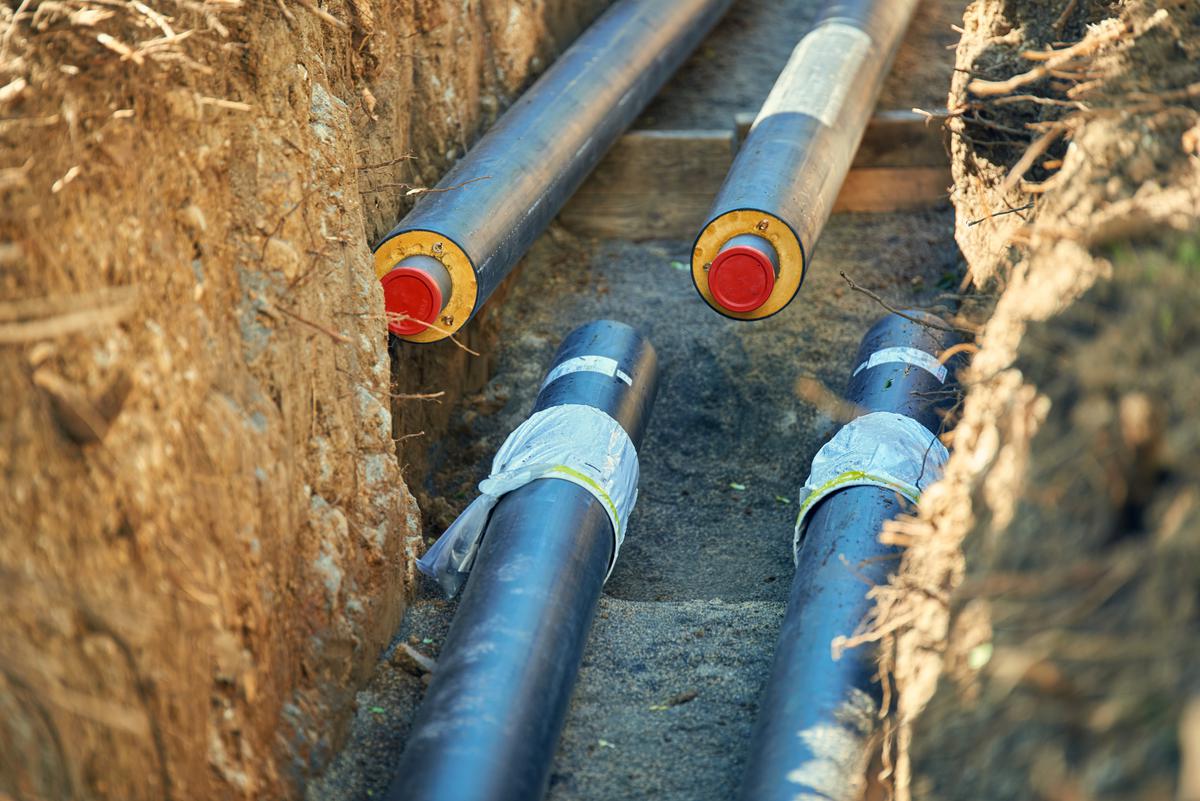
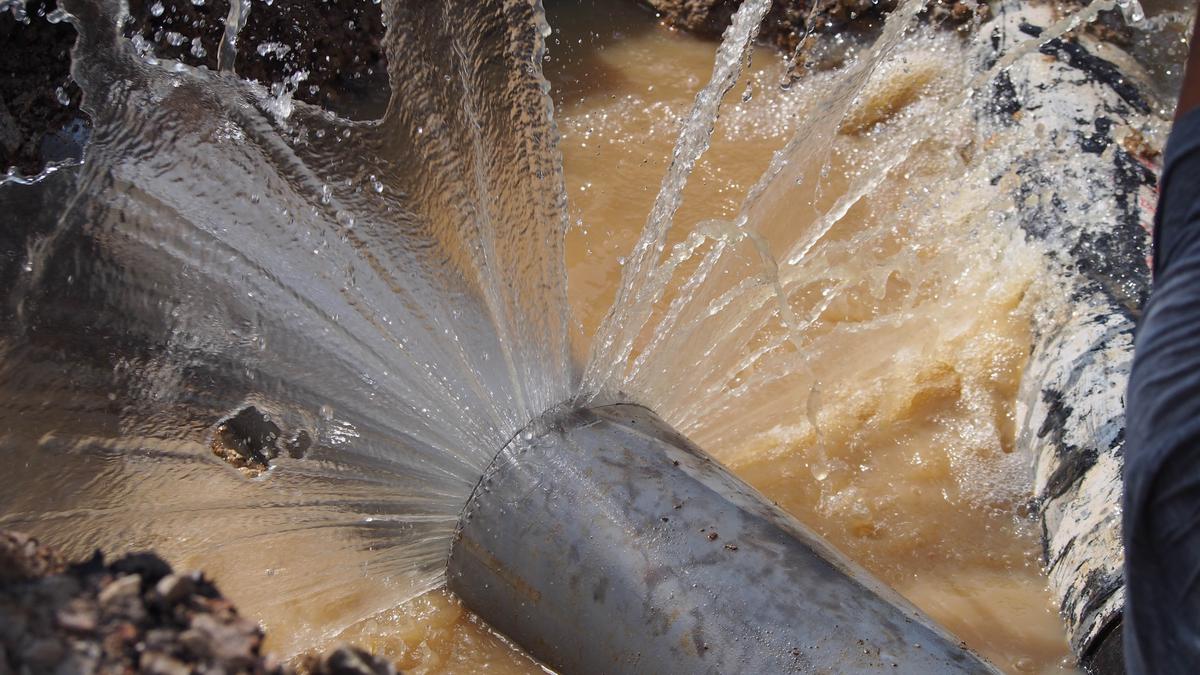
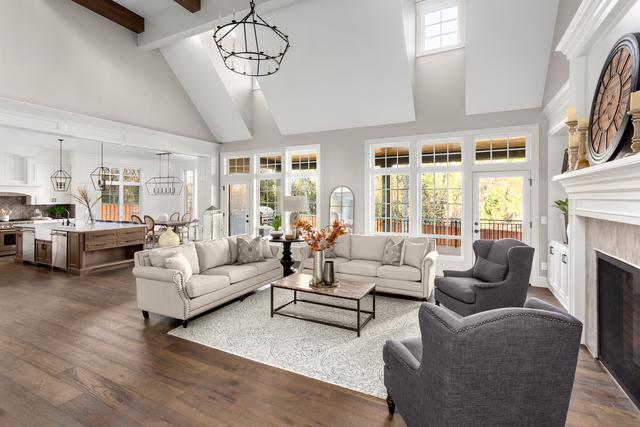
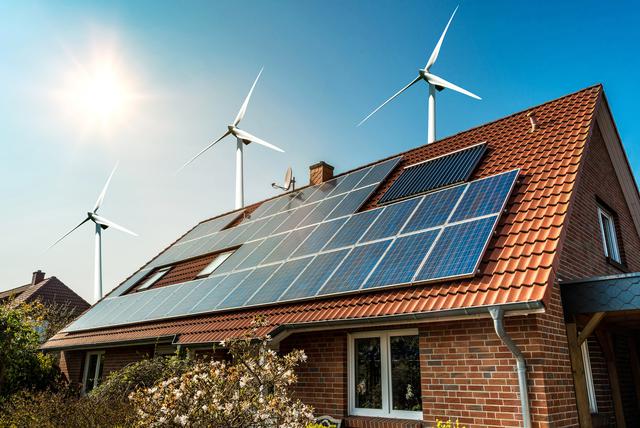
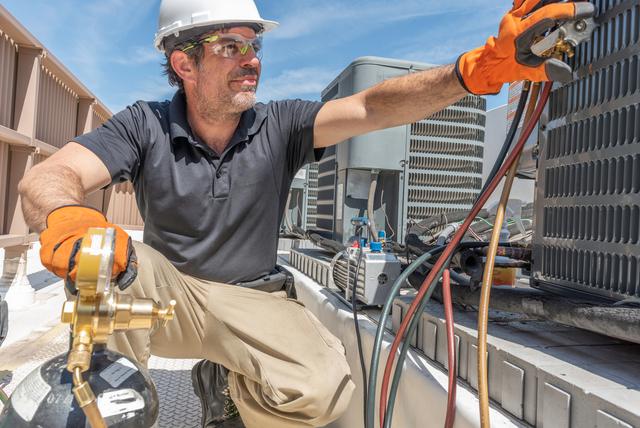
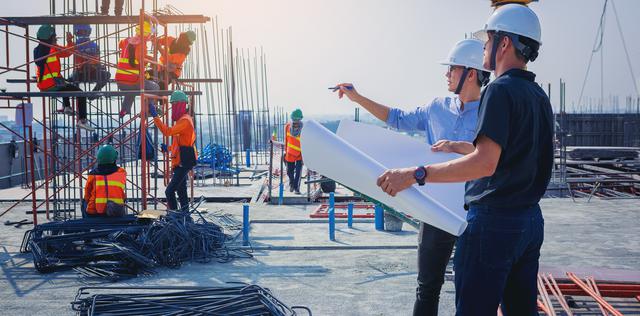
comments